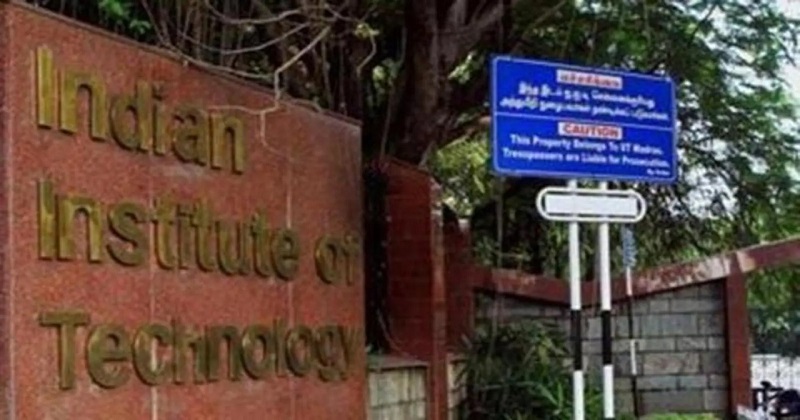
A programme called PIVOT was developed by researchers at the Indian Institute of Technology Madras (IIT Madras) to predict a person’s probability of acquiring cancer. This technique will ultimately help in the creation of personalised cancer treatment regimens.
Based on a model that uses data on mutations, gene expression, and a number of changes in genes and perturbations in the biological network owing to changed gene expression, the tool is intended to predict which cancer-causing genes are present in a given sample.
The novel tool proved successful in predicting both the known oncogenes and tumour-suppressor genes, such as TP53 and PIK3CA, as well as the new cancer-related genes PRKCA, SOX9, and PSMD4.
‘Cancer, being a complex disease, cannot be dealt with in a one-treatment-fits-all fashion. As cancer treatment increasingly shifts towards personalised medicine, such models that build toward pinpointing differences between patients can be very useful’, said Dr Karthik Raman, Core Member, RBCDSAI, IIT Madras, in a statement.
Also Read: RBI imposes restrictions, withdrawal caps on 4 cooperative banks
According to the World Health Organization, cancer is responsible for about one in every six deaths worldwide in 2020. Finding the genes that cause cancer is essential for developing personalised, effective cancer treatment programmes.
The research findings have been published in the peer-reviewed journal Frontier in Genetics.

Post Your Comments